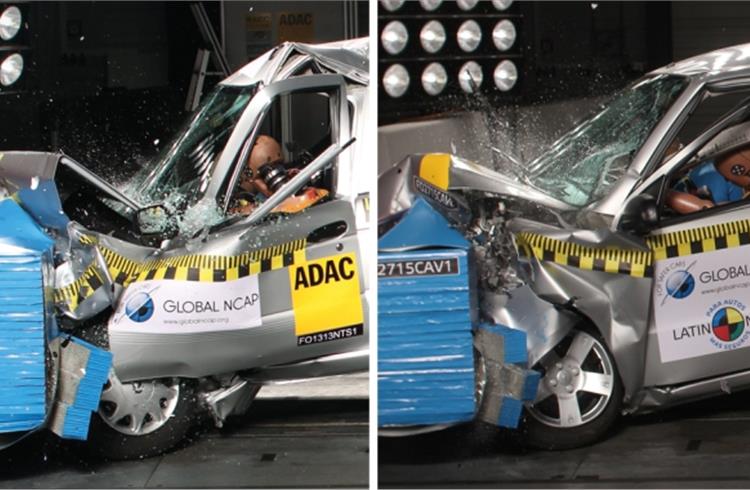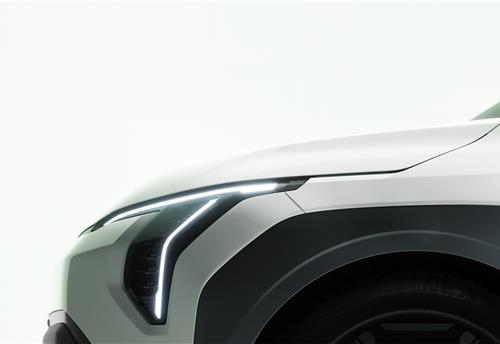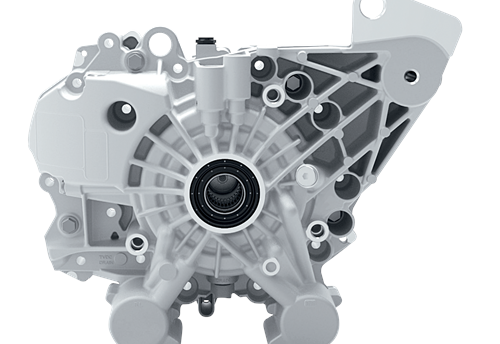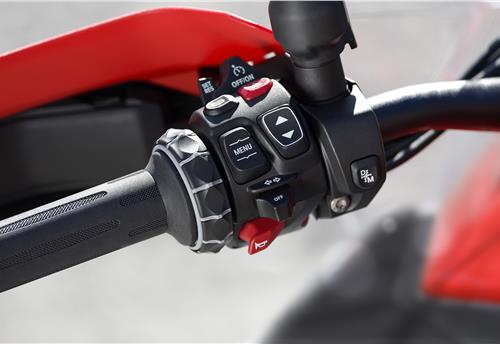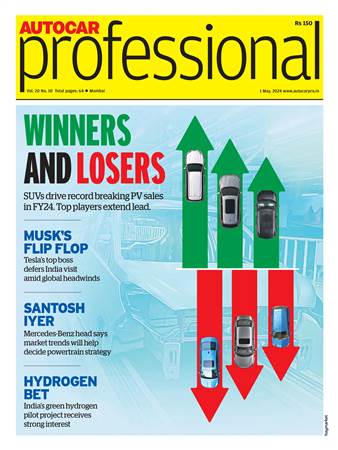Latin and Global NCAP want faster implementation of full car safety legislation in Mexico
Although both Latin and Global NCAP have welcomed the Mexican government’s publication of new vehicle safety standards, they re very disappointed by the long delay in full implementation of the new crash test regulations.
The Latin and Global New Car Assessment Programmes (NCAP) have welcomed the Mexican government’s publication of new vehicle safety standards. However, both Latin and Global NCAP are very disappointed by the long delay in full implementation of the new crash test regulations which will not be fully applied to all new cars sold in Mexico until 2020.
“Such a long lead time is completely unnecessary as the Mexican industry already has the capacity to apply the new standards immediately and already exports cars compliant with them to Europe and the United States. Latin and Global NCAP also regret that the new regulation does not include Electronic Stability Control,” said an official statement from both the safety watchdogs.
Commenting on the development, David Ward, secretary general, Global NCAP said, “Legislative commitments to mandate ESC technology have been made by Argentina, Brazil and Ecuador and it is very sad that Mexico is failing to do the same. This is a serious mistake and a missed opportunity to promote this life-saving anti-skid technology which helps to avoid crashes and can prevent fatal and serious injuries to thousands of Mexican citizens.”
“Latin NCAP and Global NCAP call on the Mexican Government to take the earliest opportunity to amend the new regulations to bring forward the date of application of the new crash test standards and to include ESC as a mandatory requirement. We also urge the car manufacturers not to wait for the legislation but to act now to improve car safety in Mexico. Nissan, for example, should immediately withdraw the zero-star Nissan Tsuru from sale and General Motors should act to improve the safety performance of the Chevrolet Aveo,” added Ward.
Meanwhile, Alejandro Furas, secretary general, Latin NCAP commented, “It is very disappointing to see the Mexican government delaying vehicle safety improvements. Car manufacturers have known how to achieve better safety standards for at least 20 years. It is sad that the Mexican government has not listened to the voice of Mexican consumers and the important opinion of the Health Secretary calling for better vehicle safety sooner rather than later. It is even worse to see the Mexican government go along with the delaying tactics of the auto industry in this way. Mexican lives will be lost because of this delay.”
In a recent article published by Mexican publication, El Daily Post, the cars sold in Mexico are held to much lower safety standards than those sold abroad. Further, it said that the cost of fitting out a car with basic lifesaving safety features was $200, features that are included as standard in the United States and emerging markets such Brazil and India but not in Mexico.
RELATED ARTICLES
Kia previews upcoming EV3 compact SUV with teaser images
Korean carmaker gives a glimpse of its forthcoming model’s front and rear end design ahead of the global premiere on May...
BorgWarner supplies Polestar BEV SUVs with electric torque vectoring and disconnect system
Electric Torque Vectoring and Disconnect (eTVD) system for battery electric vehicles adaptively improves vehicle safety ...
BMW Motorrad develops Automated Shift Assistant to make riding simpler
Automated Shift Assistant’s clever functional design eliminates the need for a hand lever to operate the clutch manually...





 By Autocar Pro News Desk
By Autocar Pro News Desk
 11 May 2016
11 May 2016
 3986 Views
3986 Views



